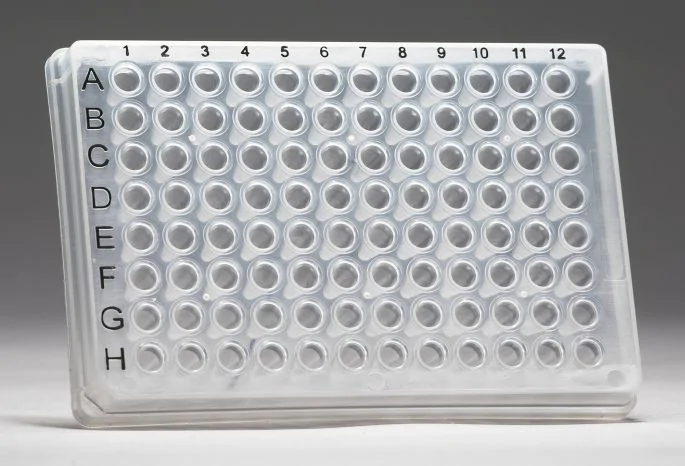GeneQuery™ Human Renal Cell Carcinoma qPCR Array Kit
No additional charges, what you see is what you pay! *
| Code | Size | Price |
|---|
| SC-GK016 | 1 kit | £297.00 | |||||||||||||||||||||||||||||||||||||||||||||||||||||||||||||||||||||||||||||||||||||||||||||||||
| Please contact us with your Instrument Model Type to ensure ordering of the correct kit version. | |||||||||||||||||||||||||||||||||||||||||||||||||||||||||||||||||||||||||||||||||||||||||||||||||||
Quantity:
Prices exclude any Taxes / VAT



